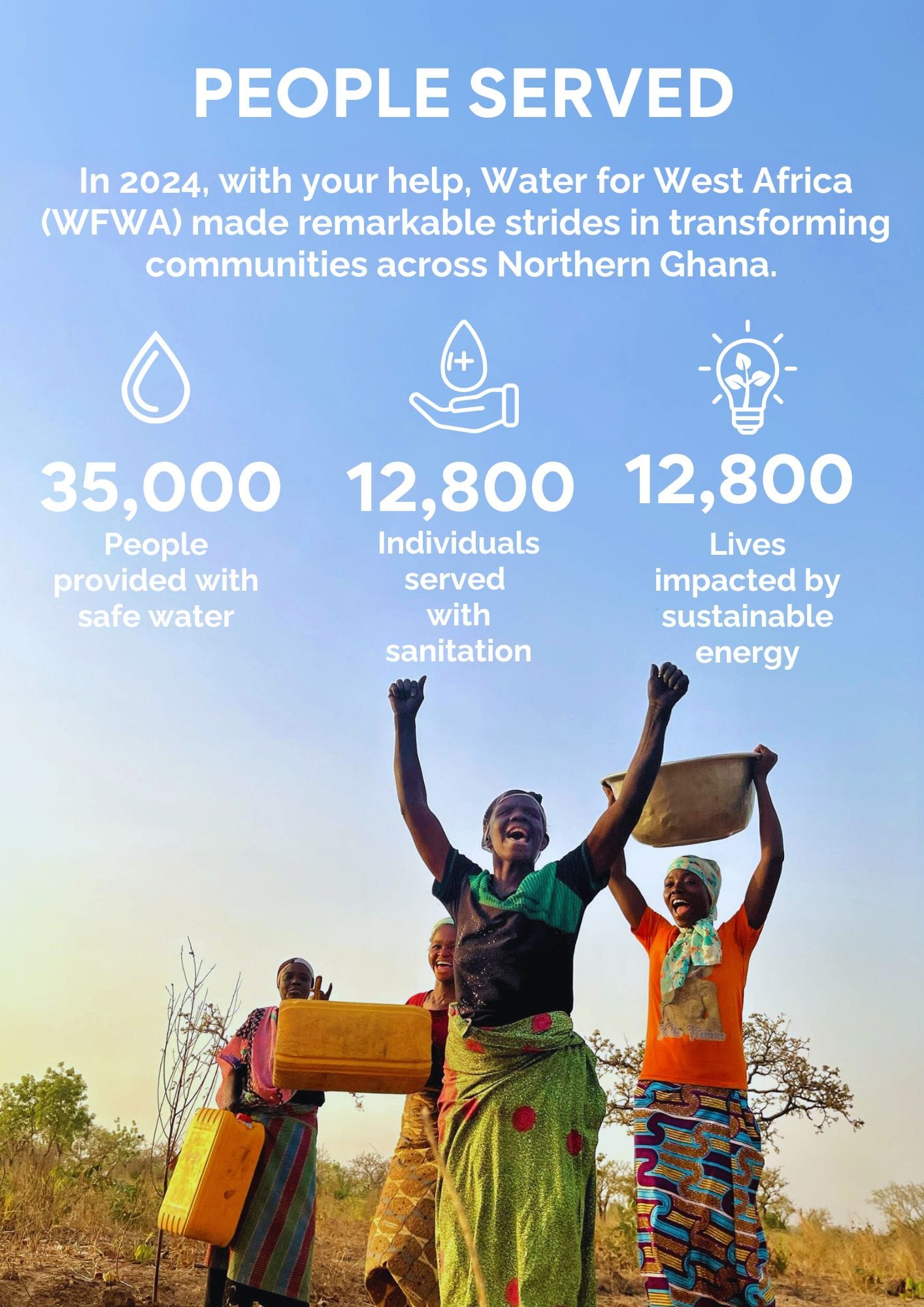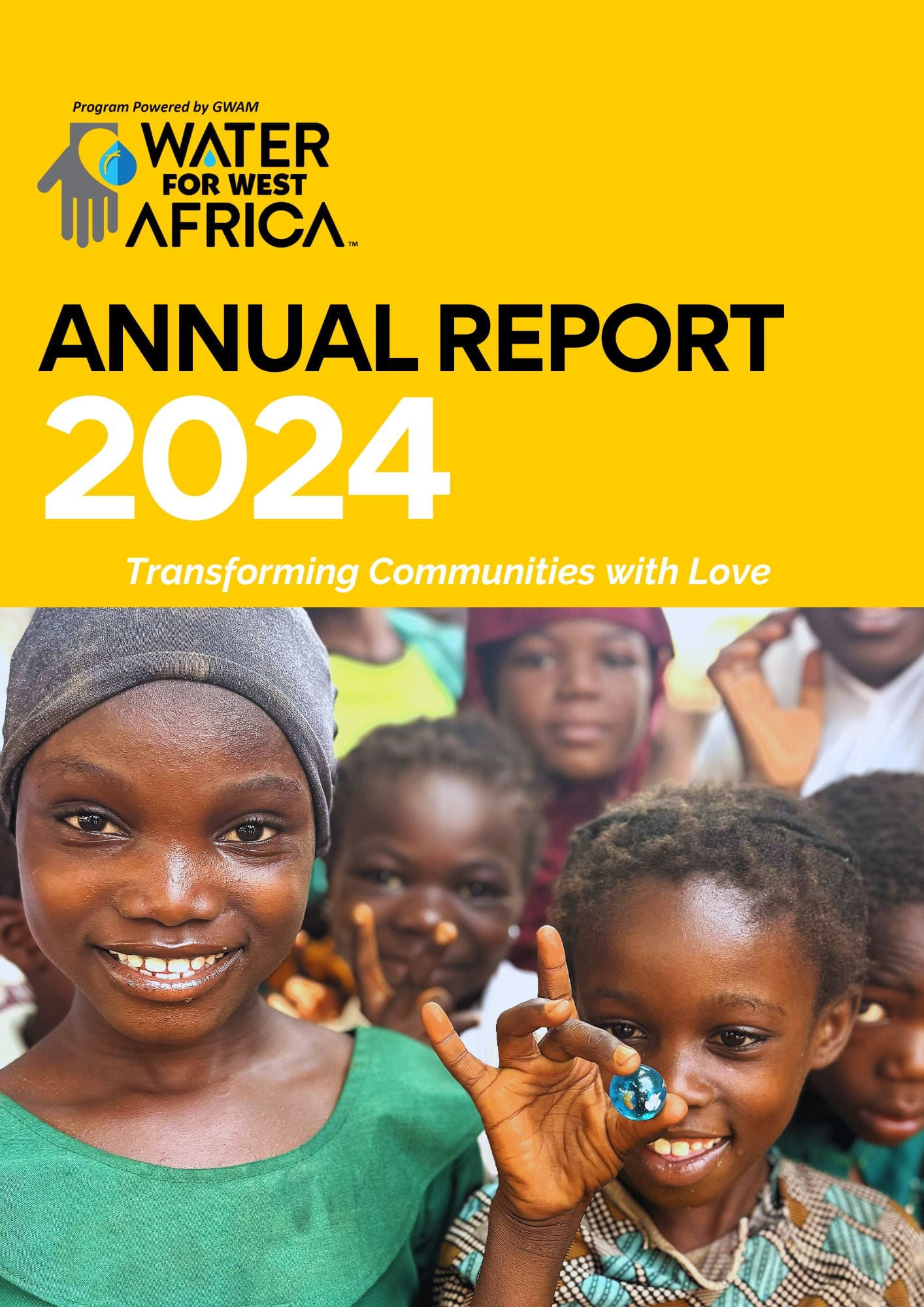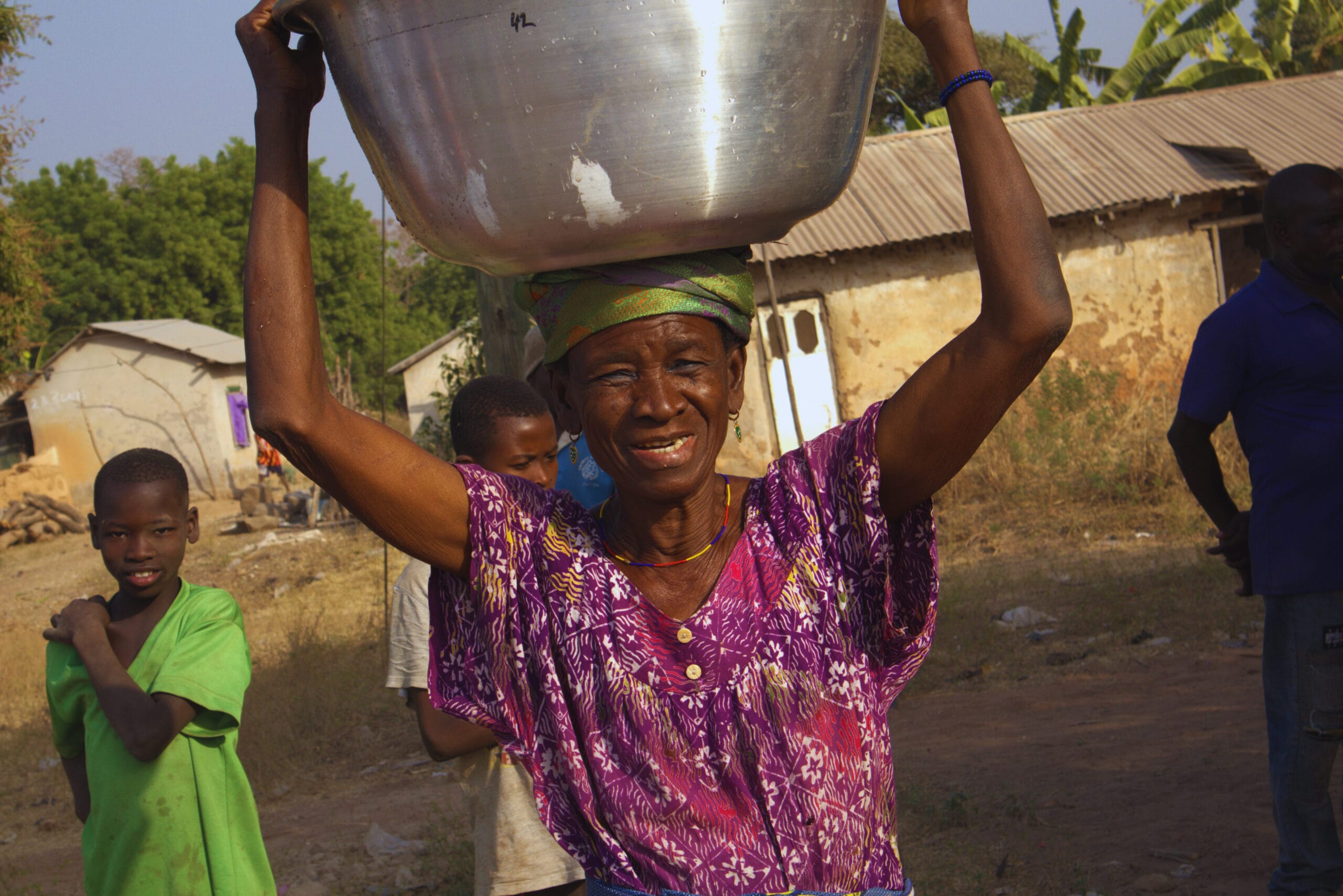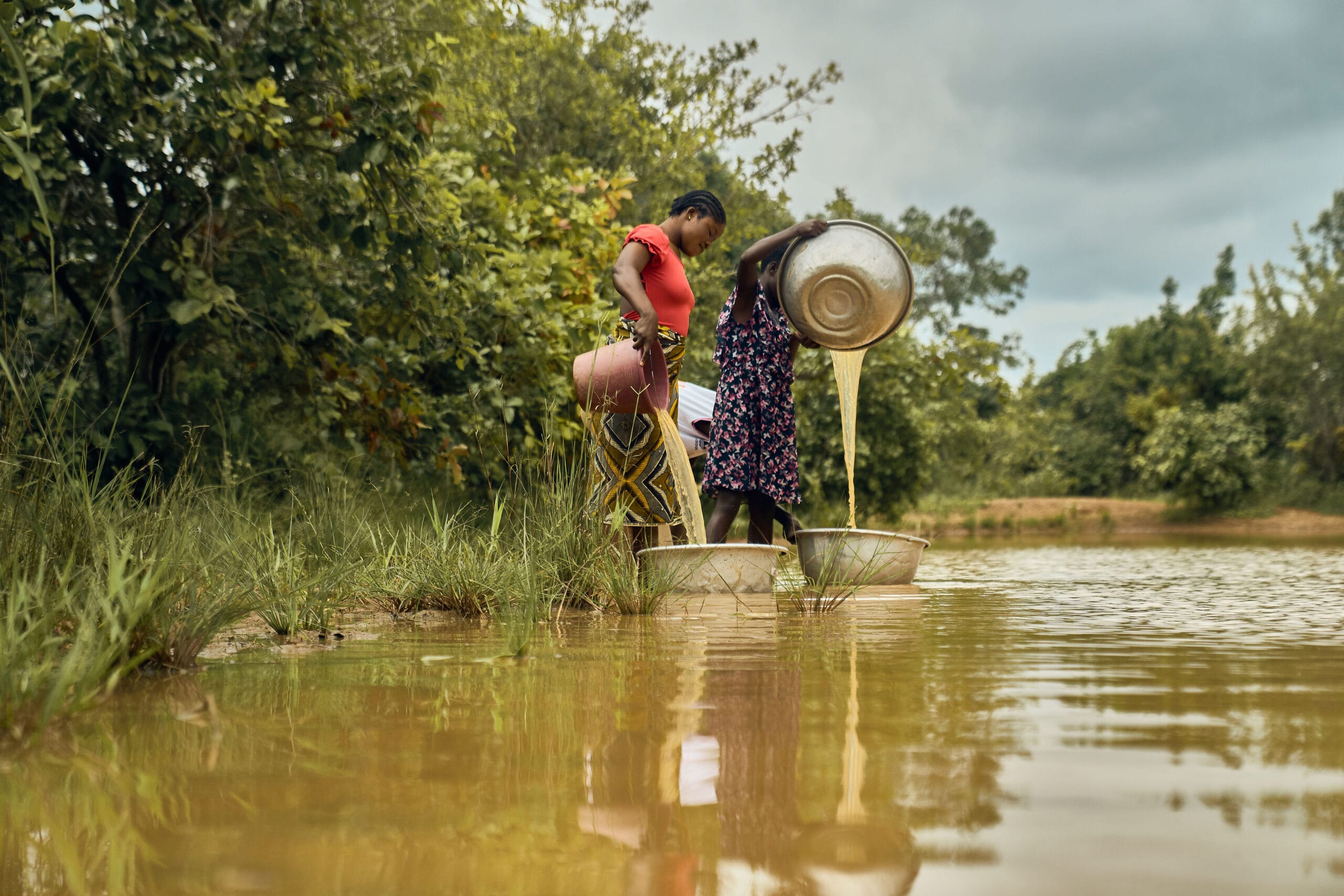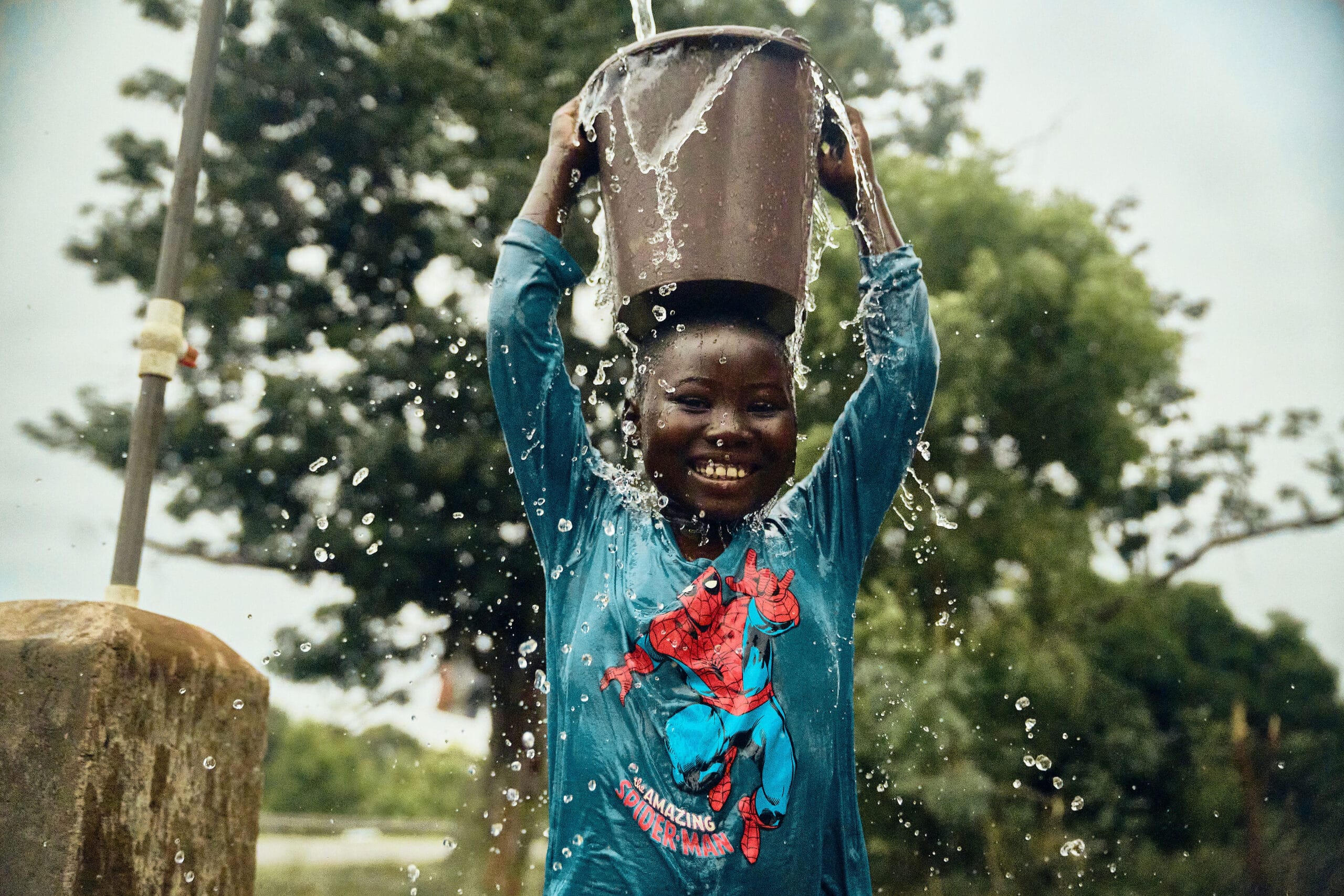In 2024, with your help, Water for West Africa (WFWA) made remarkable strides in transforming communities across Northern Ghana.
WFWA (Water for West Africa) has transformed local communities through its work in the WASH (Water, Sanitation, and Hygiene) sector. At the heart of its mission is providing clean and safe drinking water, significantly improving public health and quality of life. Through installing boreholes, hand pumps, and solar-powered water systems, WFWA reduces the prevalence of waterborne diseases such as cholera and typhoid. These interventions also save time, especially for women and children, who would otherwise spend hours each day collecting water, allowing them more time for education, work, and family care.
By grace, our efforts have led to better health outcomes, including fewer child mortality cases and safer maternal care. WFWA also supports the construction of sanitation infrastructure like latrines and handwashing stations, which promote dignity, especially for women and girls, while reducing the spread of disease. Additionally, WFWA runs culturally relevant hygiene education campaigns, teaching handwashing, safe water storage, and community-led total sanitation (CLTS), all contributing to long-term behavior change.
In 2024, Water for West Africa (WFWA) expanded its impact across northern Ghana and neighboring regions by advancing safe water access, strengthening livelihoods through women’s Shea cooperatives, and laying the groundwork for conservation corridors that connect health, ecology, and economic resilience. Guided by a spirit of faith and service, WFWA has remained committed to ensuring that every initiative uplifts communities both physically and spiritually, recognizing clean water as a gift that restores dignity and opportunity. The organization also deepened partnerships with local drillers, international NGOs, and development networks to ensure both technical integrity and long-term sustainability of its WASH programs.
Looking Forward
WFWA aims to scale these integrated models across borders, aligning clean water with health services, women’s empowerment, and eco-tourism, while building new collaborations that multiply the reach and sustainability of its mission. If you are interested in finding out more about our work in West Africa, you can sign up for our newsletter or follow our story outcomes on our website.
